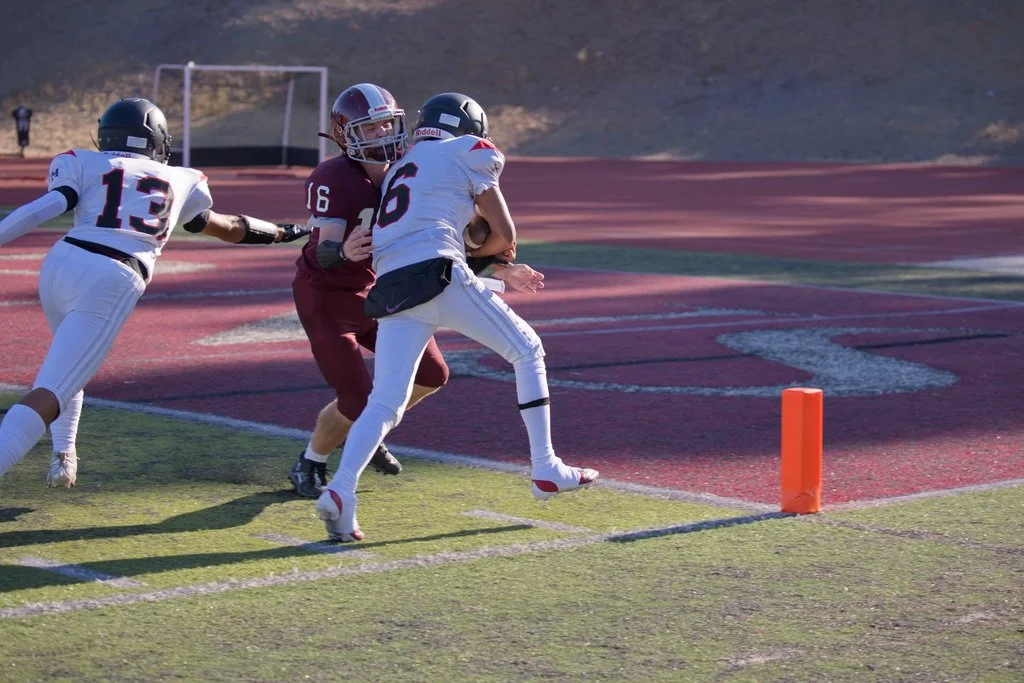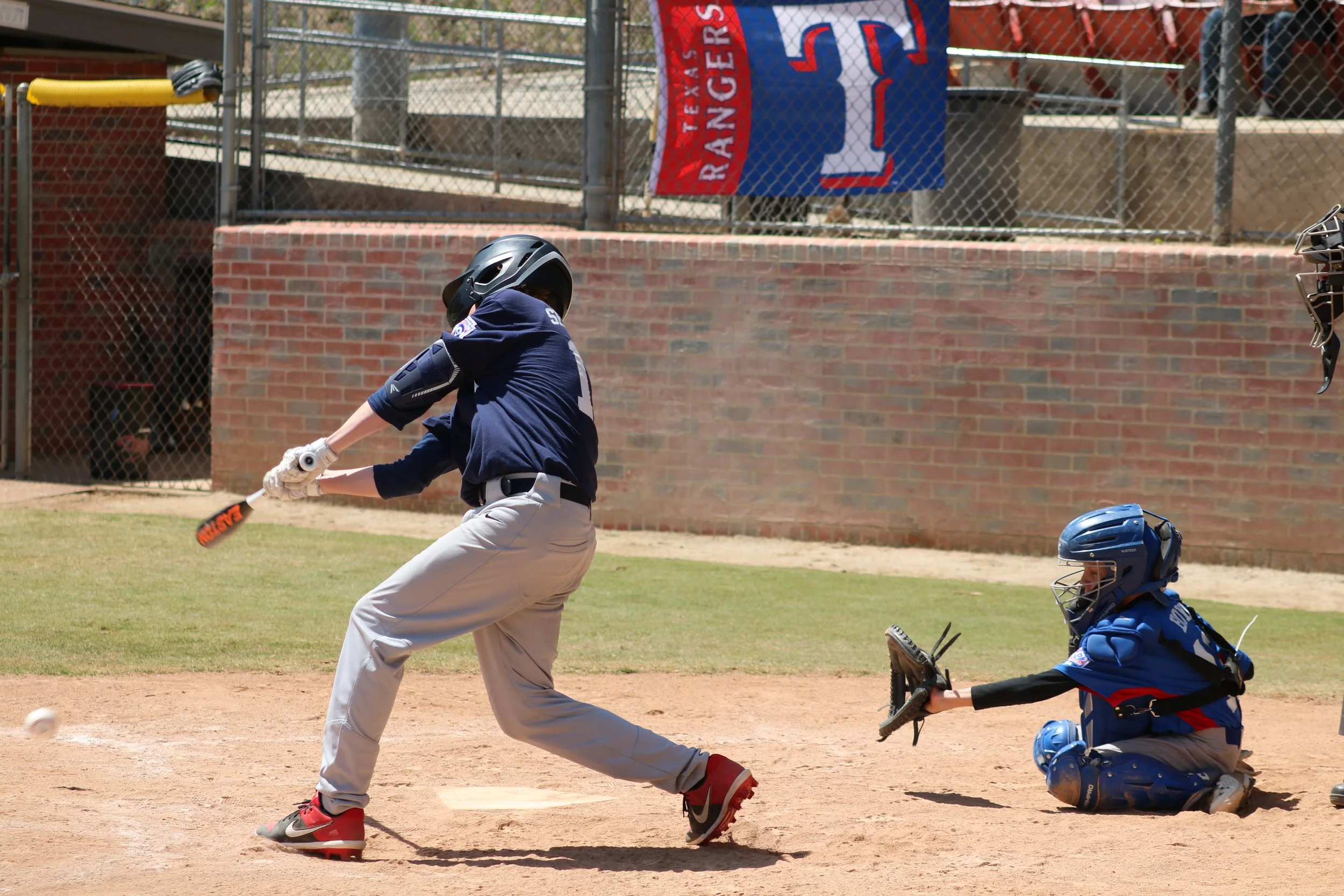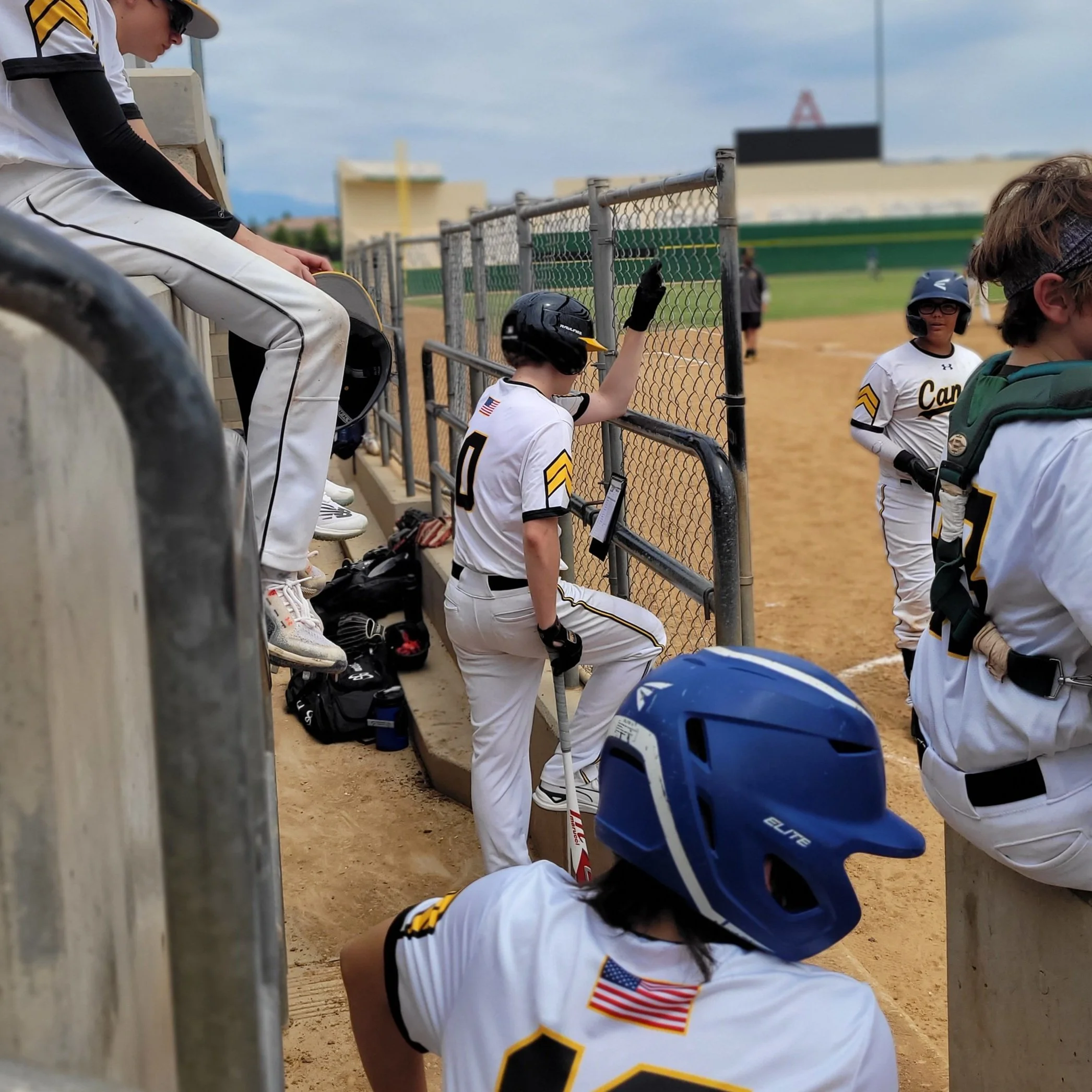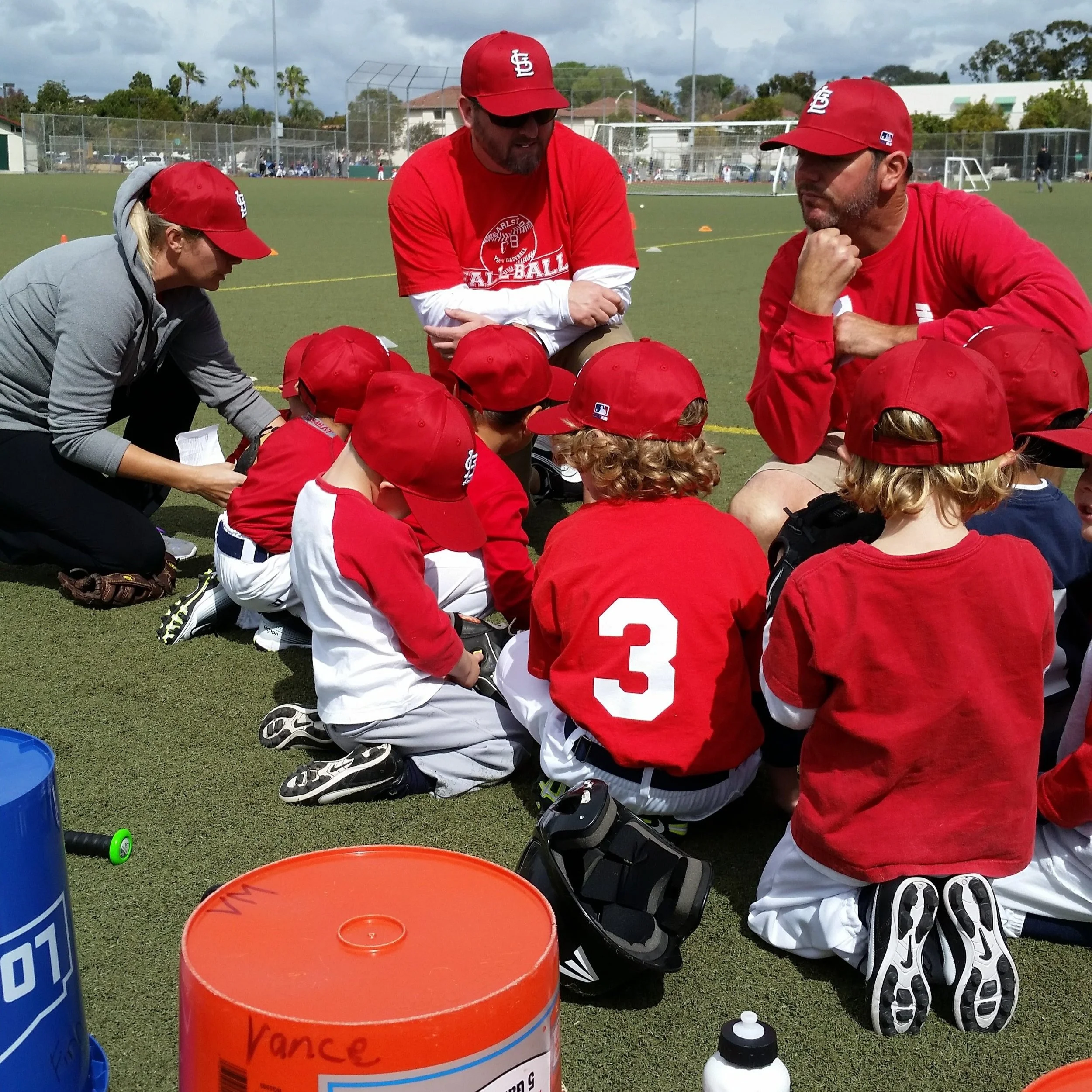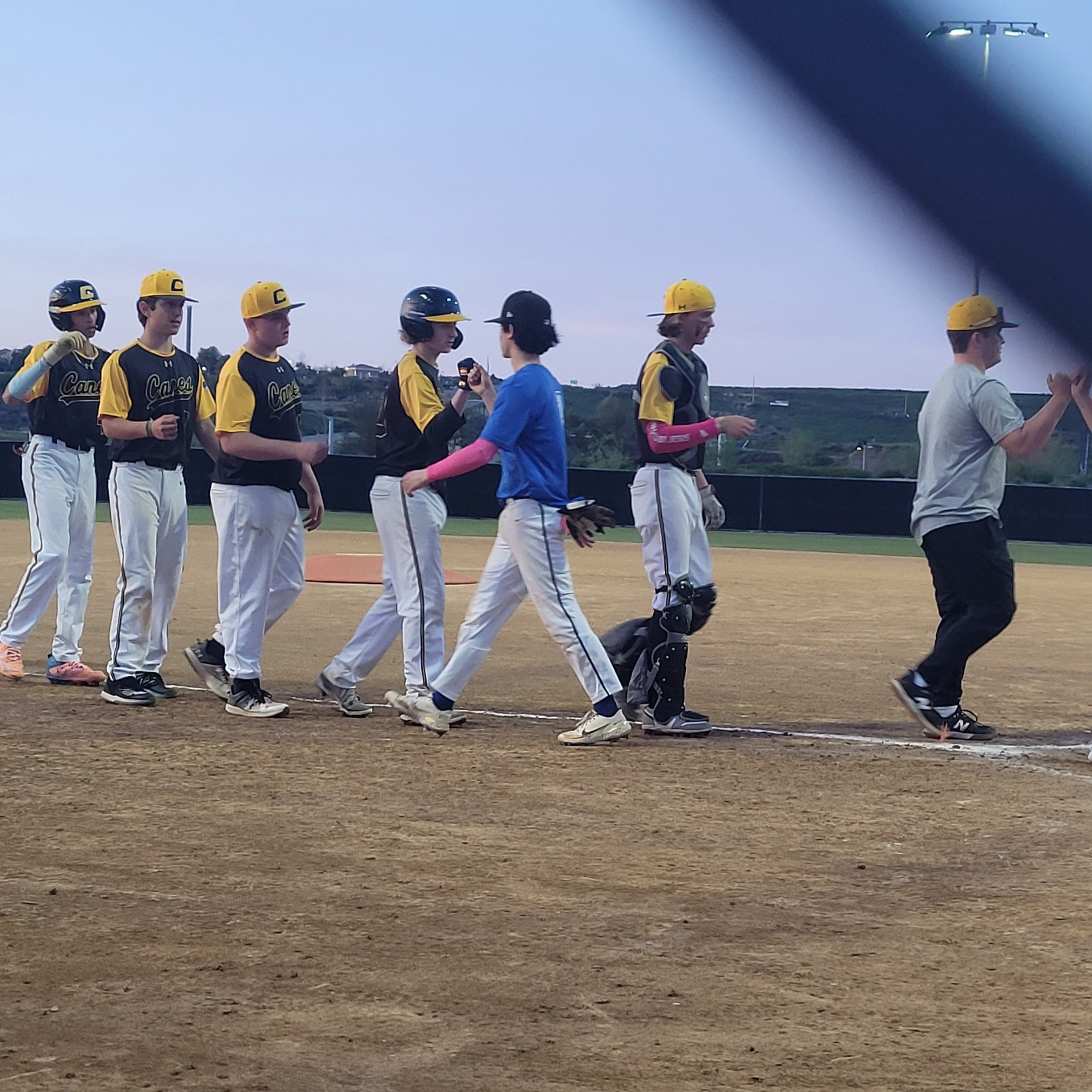Rivalry Week Just Hits Different
It’s our first Rivalry Week with high school sports as a family. More importantly, it’s my son’s first time experiencing all the emotions and activity that come with Rivalry Week, especially as a football player. He gets to put on that jersey and helmet, wear his school colors with pride and a mission to represent for his community.
Play all the Sports, Try all the Hobbies
One of the most beautiful things about raising a kid is watching them experience life. The look of wonder when they learn something new. The sense of pride when they do something they didn’t think possible. The joy when you watch from afar as it all starts to click. Sure, there’s the pain of the failures. Nothing quite prepared me for how much I would hurt watching my son hurt - get cut, kick a play, etc. But you can’t learn without a little misstep here and there. Bouncing back is also part of the process and the beauty. You get a chance to try again.
The Big, Scary Social Media Decision
We’re at that place…social media is a reality. It’s not only a social pressure, but it’s also a recruiting pressure. But when’s the right time to make the jump?
The kid claims to not want to be on social media. Sure, his friends are there. In fact, his position group in football has a “group chat” on Instagram. Not SnapChat, not text. But Instagram. I had no idea that was a thing. But I thought that would be “the thing” that pushed us to have the discussion. However, even then, he said he wasn’t interested. He’d continue to communicate via text to stay in the loop on any plans. Sure he’d miss out on the banter and back and forth. But, as long as he was in-the-know on plans, he was fine.
Different Kind of Stress
Sitting in the stands has never been my thing. I get nervous for the kid. He works hard, he carries a bit too much weight sometimes (despite our best efforts to help him realize that’s not the best approach), and I just want to see him succeed. Rather than show him my nerves, rather than trying to distract myself by chit chatting with other fans, or worse, rather than me saying something I don’t mean to say, I pace. I walk down the sidelines, I take a stroll down the foul line. I also hate to hear parents from our team saying anything negative about our players. Any players really. And I tend to not hold my tongue, which can cause problems with parents.
Reframing the Post-Game Conversation
That post-game car ride is always a wild card…at least for me. Do we talk about what happened? What if they lost? What if they lost big? What if he had an error that led to the winning run scoring? What if he struck out to end the game? What if he won big? What if he had the winning hit or made that game-ending catch? Emotions run the gamut and I’ve never been too confident how to approach either conversation.
What I’ve Learned…
I keep seeing all these posts on social media from travel ball parents about what they’ve learned or wish they knew before starting on their travel ball journey. We are playing year-round baseball on a “scout team.” It’s not technically travel ball. So take that into account when considering these lessons.
Gamechanger Mom
One of the best things I ever did was learn how to use Gamechanger. (For reference, Gamechanger is an app for keeping score of games. In this case, it’s the electronic version of keeping the baseball book.) I get that it’s not hard, so I’m definitely not bragging about it.
Student Athlete
He’s a student athlete. Has been for years. But high school is where it’ll be put to the test. And so far, he’s rising to the occasion. He signed up for a full slate of honors and AP classes as a freshman. He even wanted to sign up for a 0 period class to get ahead of credits. We’re going to need to strike a balance where he achieves his goals and challenges himself, while remaining eligible to play and on a path for college that sets him up to go where he wants to. Let the fun begin!
Commitment is Key
Our family strongly believes that when you join a team, you are in it for the long haul. You commit to showing up to practice, even when it’s hard. You commit to getting better, helping the team get better, and being an active contributor the entire season.
Losing hurts…
Great coaches help their players learn how to deal with emotions - even the hard ones, like losing.





